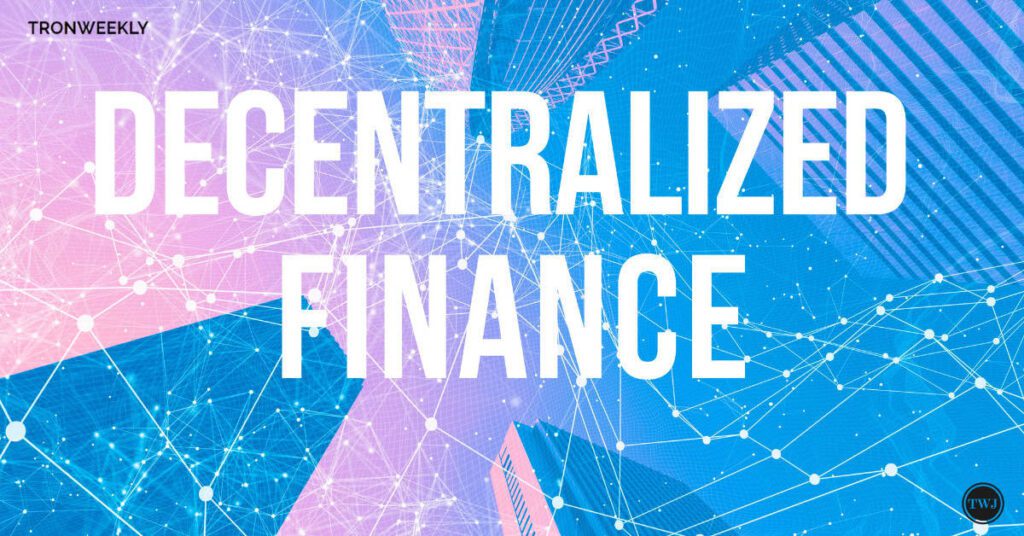- The IRS’s proposed rule to classify DeFi front-ends as broker-dealers could reshape the crypto landscape, requiring compliance or restrictions for US users.
- DeFi platforms are subject to strict tax reporting, which could stifle decentralized innovation within US borders.
- Industry-wide impacts include compliance hurdles and possible relocation of DeFi services overseas.
The IRS’ latest proposal to classify decentralized finance (DeFi) platforms as broker-dealers under the Infrastructure Investment and Jobs Act has had repercussions on the crypto community. This wide-ranging rule targets anyone who provides services that enable the sale of digital assets, imposing know-your-customer requirements and robust tax reporting for U.S. users.
This development builds on the legislative foundations of 2021, when the already vague language alluded to wallet providers, dApps and NFT marketplaces under the broker label. Alex Thorn, head of research at Galaxy Digital, said compliance could make most DeFi operations unsustainable and urged policymakers to reconsider regulation.
Pressure on DeFi: innovators at the crossroads
The proposal suggests that any party able to modify its protocols and collect user data in relation to a particular transaction – which would include non-custodial wallets such as MetaMask, through which people indirectly trade tokens – must do so. TO DO. DeFi interfaces, such as the Uniswap website, must introduce KYC policies barring access to US users if the proposal becomes binding.
This doesn’t even help decentralized applications run by DAOs. What appears to be happening is that the IRS is reverting to broker classifications with scalable smart contracts – a compliance burden that is sure to stifle any reasonable blockchain project. Many of them have just blocked US users or are moving their operations to more favorable regulatory environments.
Wider implications and the way forward
Crypto developers and platforms are at a crossroads: comply with strict US regulations or move their operations overseas. If the IRS were to adopt this approach as is, it would mean a Great American Firewall that would disconnect American users from access to decentralized financial tools and, in effect, reshape the trajectory of the industry.
Comments on the proposal were solicited by the IRS until October 30 and a public hearing is scheduled for November 7, but the looming 2025 deadline for tax filing compliance appears to suggest that preparation for a radical change operational should, at least at the moment, get going.
Related | DOGE vs SHIB: Which Memecoin will surpass $10 first with a potential 290% increase?




